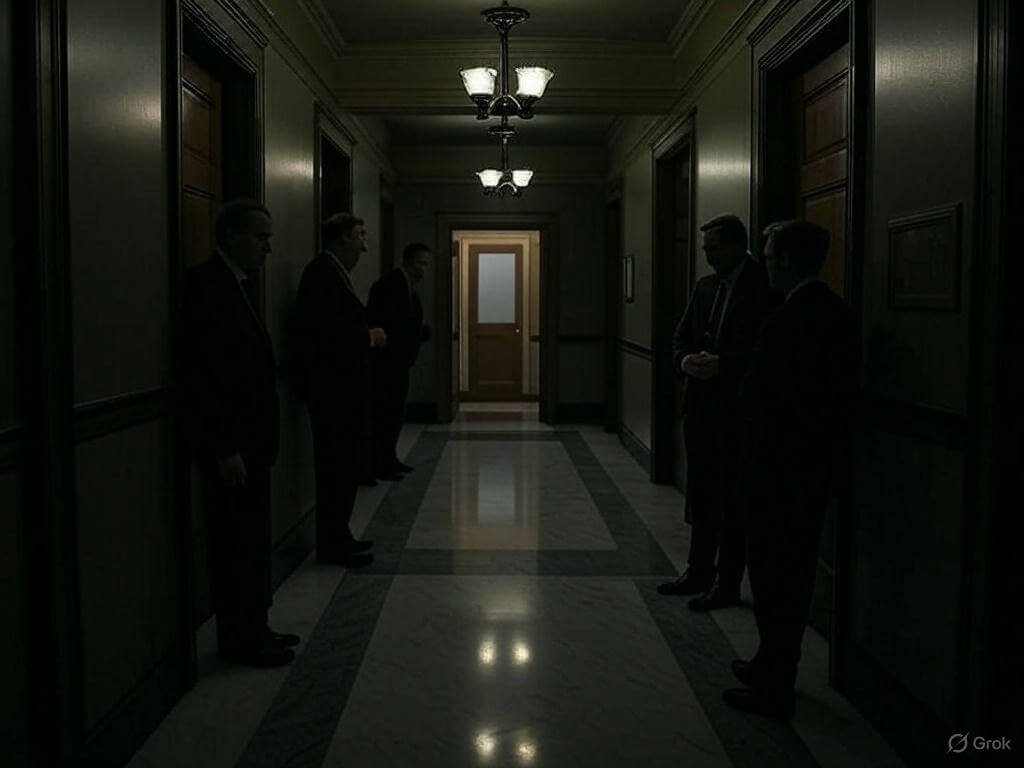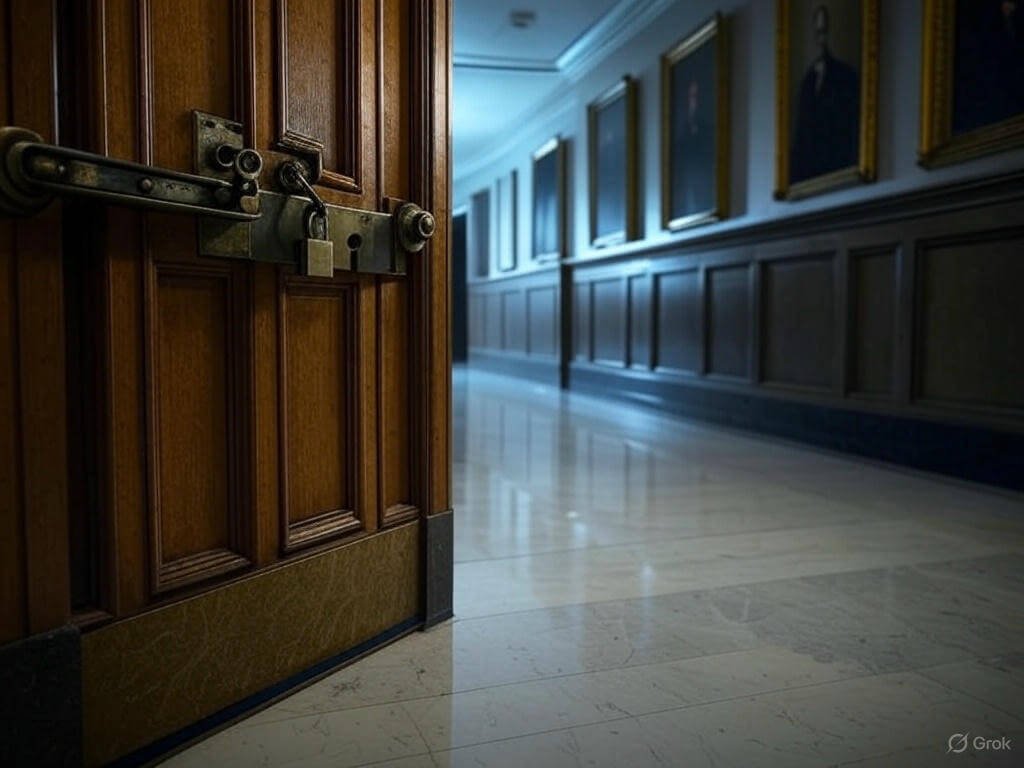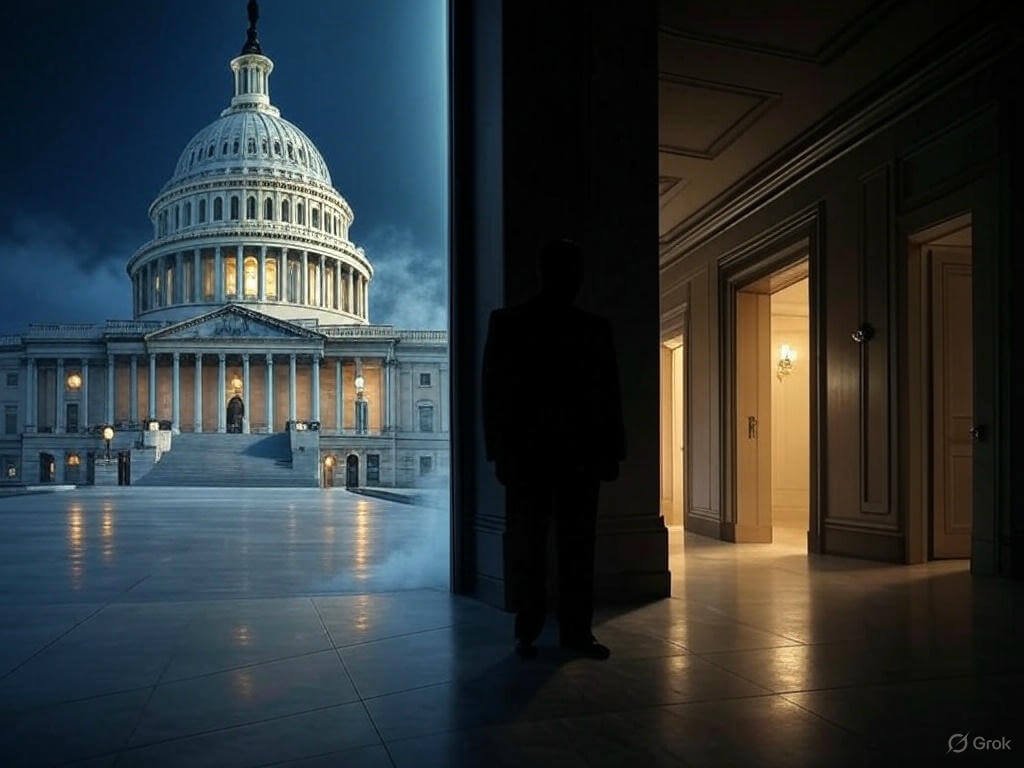Introduction: What Congress Doesn’t Want You to Know
Congress doesn’t want you to know the hidden realities of how legislation is crafted, often veiled in secrecy and complexity. In 2025, with public trust in government at historic lows, uncovering these truths is essential. This insider look exposes what Congress doesn’t want you to know about legislation, from backroom deals to lobbying power. Let’s lift the veil and reveal the secrets shaping our laws!

1. Backroom Deals: A Hidden Legislative Truth
How Secret Deals Shape Laws
Congress doesn’t want you to know about the backroom deals that drive legislation. In 2023, a $1.7 trillion omnibus bill included last-minute provisions favoring specific industries, per The Washington Post. These deals prioritize insiders over the public.
Deal-Making Tactics
- Closed-Door Talks: Decisions bypass public view.
- Pork-Barrel Spending: Pet projects sneak into bills.
- Last-Minute Clauses: Avoid open debate.
Takeaway: Track legislative deals on OpenSecrets.
2. Lobbying Power: Congress’s Hidden Influence
How Lobbyists Steer Legislation
Congress doesn’t want you to know how deeply lobbying shapes laws. In 2024, industries spent $4.2 billion on lobbying, led by Big Pharma, per Statista. Lawmakers often favor these interests over voters.
Lobbying Strategies
- Campaign Funds: Boost re-election bids.
- Revolving Door: Ex-lawmakers turn lobbyists.
- Bill Drafting: Lobbyists write legislative text.
Takeaway: Check sponsors on Congress.gov.

3. Complex Bills: Obscuring the Legislative Process
Why Bills Are Hard to Follow
Congress doesn’t want you to know how complex bills hide their true impact. The 2022 Inflation Reduction Act, over 700 pages, baffled even lawmakers, per Politico. Jargon and length obscure controversial measures.
Obfuscation Methods
- Dense Language: Deters public scrutiny.
- Omnibus Bills: Mix unrelated issues.
- Rushed Votes: Limit review time.
Takeaway: Use GovTrack.us for clear bill summaries.
4. Secrecy in Congress: A Barrier to Transparency
How Secrecy Blocks Accountability
Congress doesn’t want you to know how opaque the legislative process can be. Only 12% of Americans trust Congress to act transparently, per Gallup. Closed hearings and hidden data keep voters uninformed.
Secrecy Practices
- Private Committees: Debates stay behind closed doors.
- Delayed Disclosures: Financial ties remain secret.
- Vote Tracking Issues: Public struggles to follow.
Takeaway: Contact your representative via House.gov to push for openness.

5. Taking Action: Demanding Legislative Transparency
How to Uncover Congress’s Secrets
Citizens can challenge the secrecy Congress does not want you to know about. Grassroots efforts, like those by Sunlight Foundation, have driven disclosure before.
Actionable Steps
- Track Bills: Monitor legislation online.
- Push Reforms: Support transparency laws.
- Engage Locally: Question lawmakers at town halls.
Takeaway: Join a civic group to advocate for open government.
Conclusion: Exposing What Congress Doesn’t Want You to Know
Congress does not want you to know the hidden forces behind legislation, but shining a light on these secrets empowers you to demand accountability. From deals to lobbying, transparency can strengthen democracy. What step will you take to hold Congress accountable? Share below and let’s drive change!





